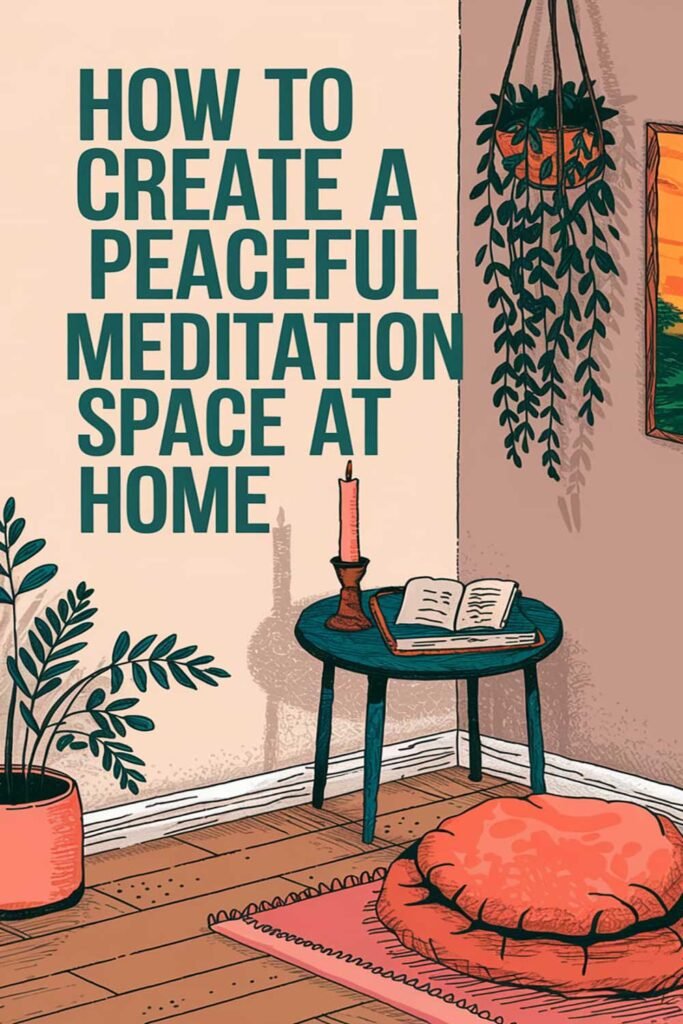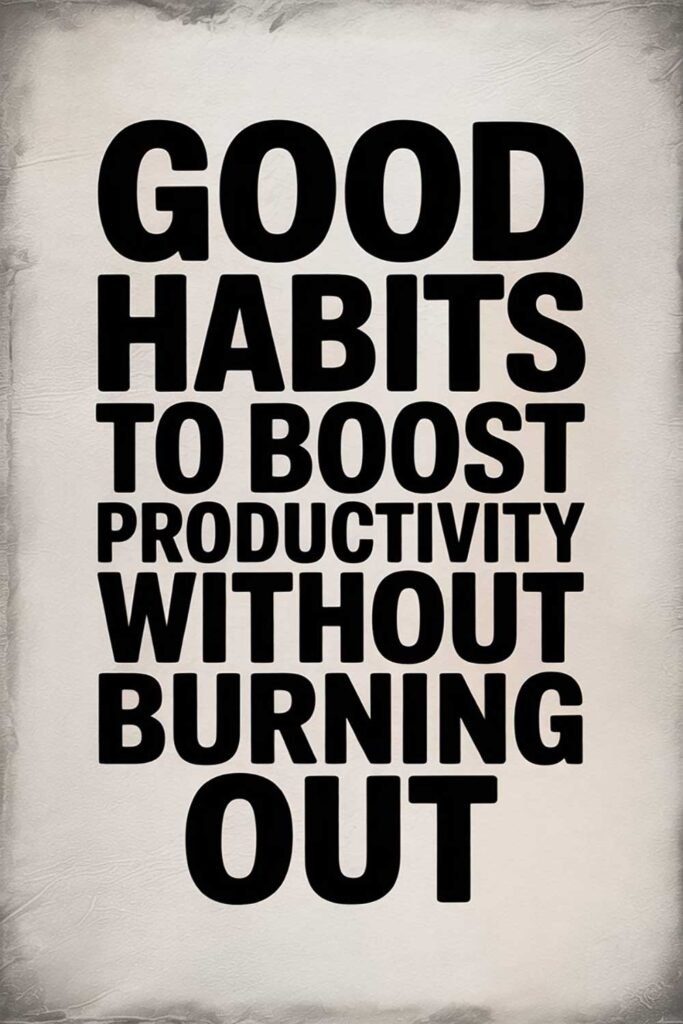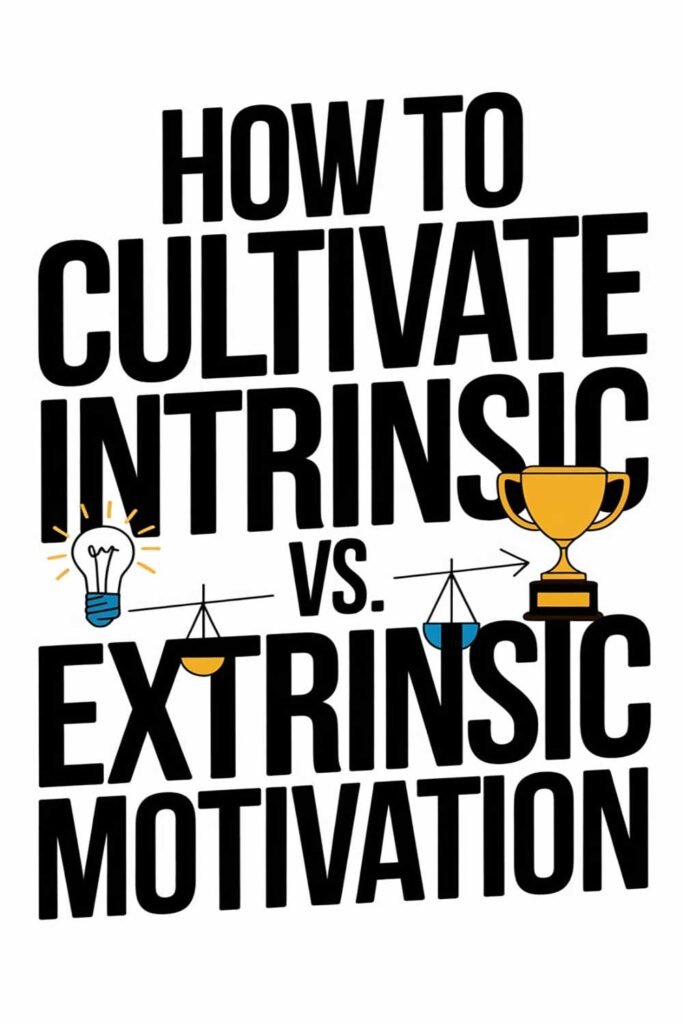Nighttime Self-Care Rituals That Improve Your Sleep
In today’s high-stress, fast-paced world, getting a good night’s sleep often feels like a luxury. But the truth is, deep, restful sleep is a necessity—not a privilege. And one of the most powerful ways to improve your sleep isn’t through medication or apps, but through nighttime self-care rituals that calm your mind, relax your body, and signal to your brain that it’s time to rest.
In this guide, you’ll discover science-backed rituals that truly work. You’ll learn how to wind down, reset, and prepare for better sleep—night after night—with real-life examples, easy routines, and practices that nourish your mind, body, and soul.
Why Nighttime Self-Care Is So Important
Good sleep starts before you get into bed. By building consistent pre-sleep rituals, you train your nervous system to slow down, reduce stress hormones like cortisol, and boost melatonin production—your natural sleep hormone.
Benefits of Nighttime Rituals:
- Fall asleep faster
- Improve sleep quality
- Wake up feeling refreshed
- Reduce anxiety and racing thoughts
- Improve overall emotional regulation
12 Nighttime Self-Care Rituals That Actually Improve Sleep
1. Set a Digital Curfew
Turn off all screens at least 60 minutes before bed. The blue light disrupts melatonin and the constant stimulation keeps your brain in go-mode.
Real-Life Example:
Jordan, a college student, used to scroll TikTok until 1 a.m. Now, she shuts down her phone at 9:30 p.m. and reads a paperback book instead. She falls asleep faster and wakes up more rested.
2. Take a Warm Shower or Bath
Warm water helps drop your core body temperature post-shower, which tells your body it’s time to sleep.
3. Use Calming Scents (Aromatherapy)
Lavender, chamomile, and sandalwood essential oils have been shown to reduce anxiety and promote sleep.
How to Use:
- Diffuse essential oils in your bedroom
- Use a lavender pillow spray
- Rub diluted oils on your wrists or neck
4. Practice Gentle Nighttime Yoga or Stretching
Slow, mindful movement eases muscle tension and prepares your body to rest.
Try This:
Legs-up-the-wall pose + child’s pose + deep breathing
5. Journaling to Release Mental Clutter
Write down anything on your mind: worries, to-dos, or gratitude. Get it out of your head and onto paper.
Real-Life Example:
Elena, a therapist, writes down three things she’s grateful for and one thing she’s letting go of each night. It helps her process her day and sleep with a clear mind.
6. Sip a Caffeine-Free Herbal Tea
Chamomile, valerian root, and lemon balm teas are excellent natural sleep aids. Avoid anything with caffeine after 2 p.m.
7. Read a Physical Book (Not on Your Phone)
Choose something light or inspirational. Avoid thrillers or anything too mentally stimulating.
8. Dim the Lights an Hour Before Bed
Bright lights confuse your brain. Use warm, low lighting to simulate sunset and help your body wind down naturally.
9. Create a Sleep-Only Bedroom Environment
Your bedroom should be for sleep and intimacy only. Remove distractions like TVs and work materials. Keep it cool, dark, and quiet.
10. Set a Consistent Sleep and Wake Time
Your body thrives on routine. Going to bed and waking up at the same time—even on weekends—keeps your internal clock balanced.
11. Practice Deep Breathing or Meditation
Try box breathing (inhale for 4, hold for 4, exhale for 4, hold for 4) or guided sleep meditations.
Real-Life Example:
David, an attorney, does 10 minutes of guided meditation with the Calm app every night. He says it lowers his heart rate and quiets his thoughts.
12. Lay Out Tomorrow’s Clothes or To-Do List
Ease tomorrow’s stress tonight. When you prepare ahead, your brain doesn’t have to keep problem-solving as you try to sleep.
Real-Life Evening Routine Sample (45–60 Minutes)
- 8:30 p.m. – Turn off all screens
- 8:40 p.m. – Brew herbal tea + stretch or light yoga
- 8:55 p.m. – Write in journal (gratitude + release)
- 9:05 p.m. – Shower and change into cozy pajamas
- 9:20 p.m. – Dim lights + diffuse lavender
- 9:30 p.m. – Read book or meditate
- 10:00 p.m. – Sleep
20 Quotes About Rest, Self-Care, and Sleep
- “Sleep is the best meditation.” – Dalai Lama
- “Your future depends on your dreams. So go to sleep.” – Mesut Barazany
- “Take care of your body. It’s the only place you have to live.” – Jim Rohn
- “Almost everything will work again if you unplug it for a few minutes, including you.” – Anne Lamott
- “You can’t pour from an empty cup. Take care of yourself first.” – Unknown
- “A good laugh and a long sleep are the best cures in the doctor’s book.” – Irish Proverb
- “Sleep is the golden chain that ties health and our bodies together.” – Thomas Dekker
- “Self-care is how you take your power back.” – Lalah Delia
- “Rest and self-care are so important. When you take time to replenish your spirit, it allows you to serve others.” – Eleanor Brown
- “It’s not selfish to love yourself, take care of yourself, and to make your happiness a priority.” – Mandy Hale
- “Sleep is the best form of therapy without a prescription.” – Unknown
- “There is virtue in work and there is virtue in rest. Use both and overlook neither.” – Alan Cohen
- “Don’t ruin a good today by thinking about a bad yesterday. Let it go.” – Unknown
- “Sometimes the most productive thing you can do is rest and relax.” – Mark Black
- “When you rest, you catch your breath and it holds you up, like water wings…” – Anne Lamott
- “Your calm mind is the ultimate weapon against your challenges.” – Bryant McGill
- “A well-spent day brings happy sleep.” – Leonardo da Vinci
- “Self-care means giving yourself permission to pause.” – Cecilia Tran
- “The best bridge between despair and hope is a good night’s sleep.” – E. Joseph Cossman
- “Rest is not idle, not wasteful. Sometimes rest is the most productive thing you can do.” – Greg McKeown
Picture This
It’s 9 p.m. Your phone is put away. Your room glows with warm light and smells faintly of lavender. You’ve stretched, sipped calming tea, and written down the day’s thoughts. Your mind feels clear. Your body feels soft. You slip into bed, take a deep breath, and smile—because you know that tonight, you’ve taken care of yourself.
What if every night felt this peaceful?
Share This Article
If this article helped you create a calmer, more restful night routine, share it with someone you love. Better sleep starts with better habits—and better habits start with the right guidance.
Disclaimer
This article is for informational purposes only and reflects personal experiences and general wellness practices. It is not intended to diagnose or treat sleep disorders. Please consult a healthcare professional if you have chronic sleep issues or concerns. Results may vary.






